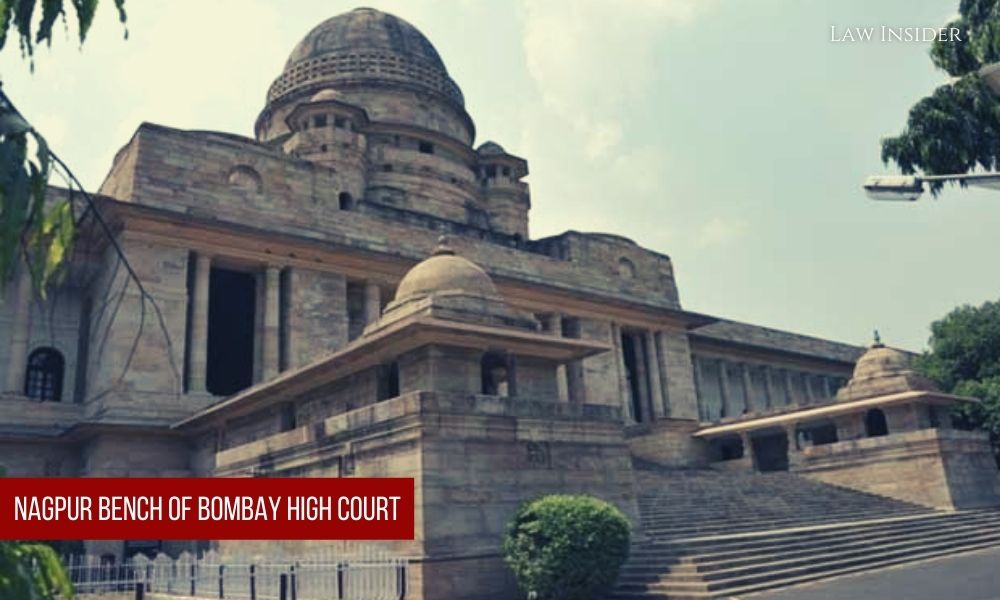Debangana Ray
Published on June 26, 2022 at 16:04 IST
The Nagpur Bench of Bombay High Court, recently ruled that media has the right to report on registration of first information reports (FIRs) and on cases filed in courts and defamation action cannot lie on the basis of such reports.
Justice Vinay Joshi emphasized on the freedom of press and the importance of the information media provides, while quashing a defamation case against owners of a daily newspaper.
The Court stated, “It is common knowledge that in daily newspapers at least some space is devoted to the news about the registration of crimes, filing of cases in Courts, the progress of the investigation, arrest of persons, etc. It constitutes news events which public has the right to know.”
Calling accurate reportage on registration of cases as defamatory would amount to restricting reporting on investigations to only the final outcome depriving the right of the public to know the happenings.
Restricting the press from providing correct information by filing defamation cases is unhealthy to the democratic setup.
“In other words, the freedom of making a true report regarding the affairs which are in the public domain is a right, which flows from the freedom of speech.
The action of defamation about true and faithful reporting is unhealthy for a democratic setup,” the court held.
Further, filing defamation complaints is nothing but an attempt to force the reporters to withdraw the report filed against those who are allegedly defamed. The Court highlighted the power of the press to impress upon the minds of the people.
The court opined that, “Publication of news on rumour or on hear-say information having no iota of truth is fatal to a Journalist,”
The Bench was hearing a petition by Vijay Darda and Rajendra Darda of Lokmat Media Pvt. Ltd for quashing criminal proceedings against them from a defamation complaint.
The Publication pertained to the registration of crime against the complainant and his family members which the complainant alleged to be false and defamatory.
It is noted that there had been no colourable or incorrect reportage. Therefore, there is no case of defamation made out against the applicants.
“The responsibility of the editor is to publish true facts and nothing else. The complaint of defamation alleges that the truthfulness of the contents of FIR are not verified.
The publisher is not expected to investigate the matter and ascertain the truthfulness of the FIR before publishing the news item.
The liability and responsibility of the editor are restricted to a limited extent therefore, the contention in that regard is not acceptable,” the Court held so while quashing the criminal proceedings against the applicants.

